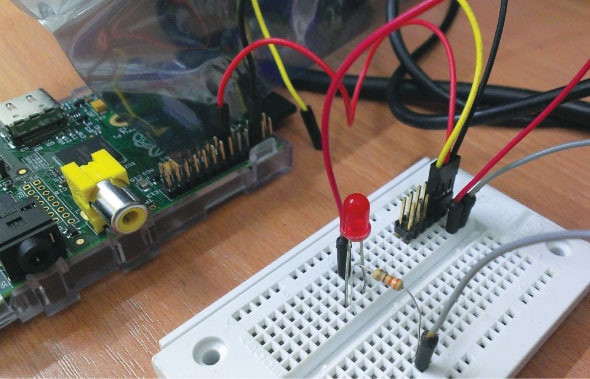Tag: lets try
An Introduction to Haskell classes and User Defined Data Types
Continuing our series on Haskell, this month, we focus on Haskell classes and user defined data types.
Haskell is a purely functional programming language and...
Building Web Applications Using the Python Flask Microframework
Heres an introduction to Flask Microframework, which can be used to easily build and deploy good Web applications with the minimum of effort and...
Customize Your Shell with Zsh and Oh-My-Zsh
Discover the Z shell, a powerful scripting language, which is designed for interactive use.
Z shell (zsh) is a powerful interactive login shell and command...
Solve Engineering Problems with Laplace Transforms
Laplace transforms are integral mathematical transforms widely used in physics and engineering. In this 21st article in the series on mathematics in open source,...
Nix A Portable and Powerful Package Manager
This article introduces the reader to Nix, a reliable, multi-user, multi-version, portable, reproducible and purely functional package manager. Software enthusiasts will find it a...
How to Cross Compile the Linux Kernel with Device Tree Support
This article is intended for those who would like to experiment with the many embedded boards in the market but do not have access...
Compile a GPIO Control Application and Test It On the Raspberry...
GPIO is the acronym for General Purpose (I/O). The role played by these drivers is to handle I/O requests to read or write to...
Use Bugzilla to Manage Defects in Software
In the quest for excellence in software products, developers have to go through the process of defect management. The tool of choice for defect...
Experimenting with More Functions in Haskell
We continue our exploration of the open source, advanced and purely functional programming language, Haskell. In the third article in the series, we will...
Lists: The Building Blocks of Maxima
This 20th article in our series on Mathematics in Open Source showcases the list manipulations in Maxima, the programming language with an ALGOL-like syntax...











































































